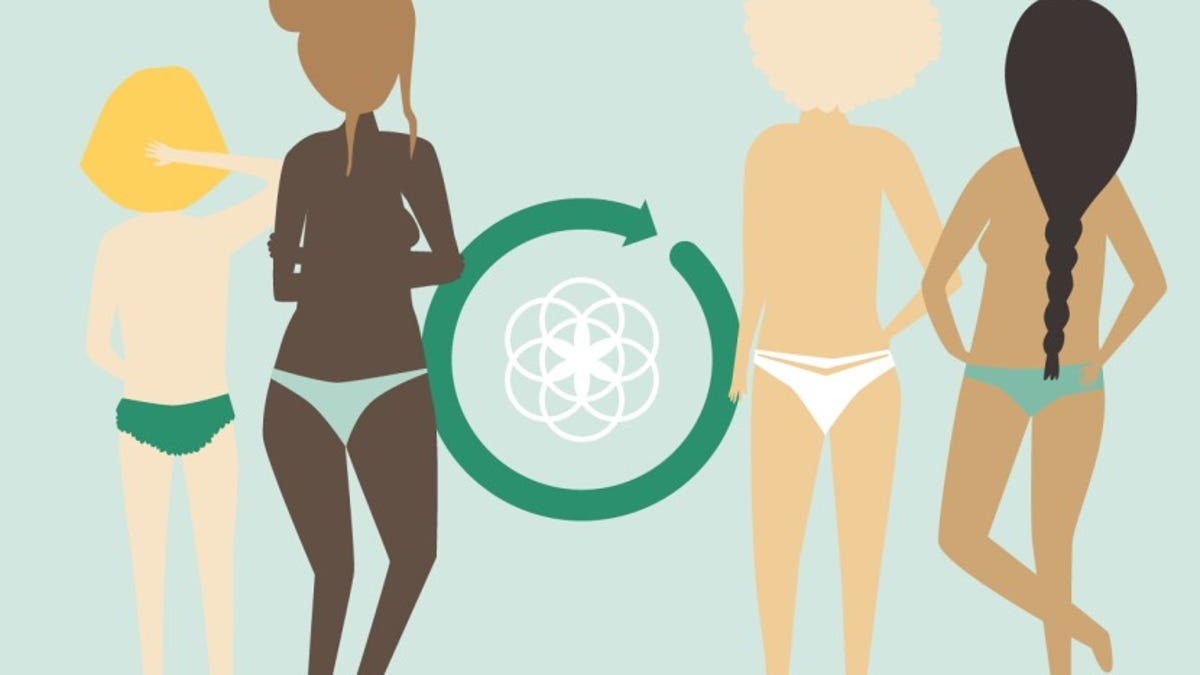Do women's periods sync with their friends'? Not bloody likely
An Oxford professor and a period-tracking app did some research, and they say the long-lived myth is not true.

A new study examines a menstrual myth.
It's one of those weird science "facts" that many people believe without really knowing why, like the myth that swallowed gum stays in your stomach for seven years, or that you'll drown if you swim after eating. It's the idea that women's menstrual cycles will sync up with those of other women they live with or spend a lot of time with.
You've heard that, right? And if you're a woman, maybe you think you've experienced it, in a dorm, sorority house or just a large family.
But a recent study done by Dr. Alexandra Alvergne of the University of Oxford, in conjunction with Clue, a period-tracking app, says this is just as much myth as the gum or swimming ideas.
The survey wasn't enormous, but researchers looked at the cycles of 360 pairs of women and tracked their cycles for three months. On average, their cycles didn't sync up -- in fact, they became more out of sync.
"We analyzed a minimum of three consecutive cycles for each of those pairs and found that 273 pairs actually had a larger difference in cycle start dates at the end of the study than at the beginning of the study," the Clue report reads. "Only 79 of the pairs behaved the opposite way, with the gap between cycle start dates narrowing over the course of the study."
Pairs in close proximity to each other were not more likely to sync up, the study reports.
"We also noticed that living together did not increase the likelihood of syncing. Thirty-seven percent (100 out of 273) of the pairs with diverging cycle start dates lived together, compared to 24 percent (19 out of 79) for those with converging cycle start dates," Clue reports.
Still, the myth has such staying power, it's hard to believe any study will ever truly put a period to it.
(Via IFL Science)
It's Complicated: This is dating in the age of apps. Having fun yet? These stories get to the heart of the matter.
Batteries Not Included: The CNET team reminds us why tech is cool.

